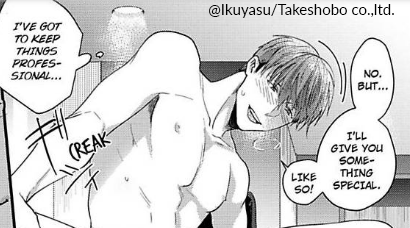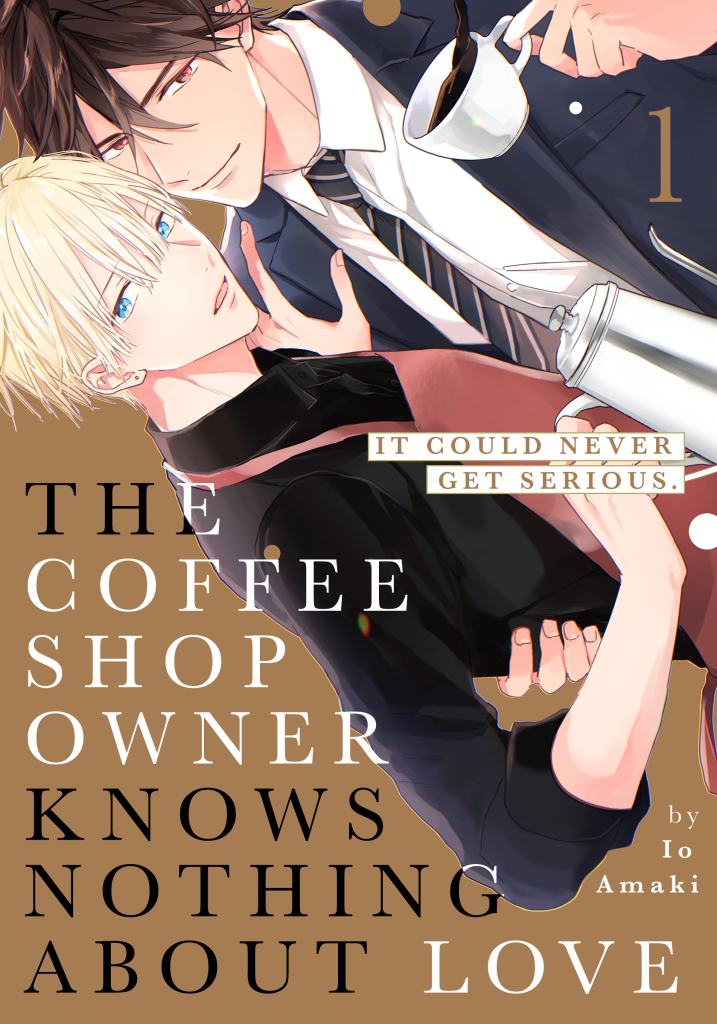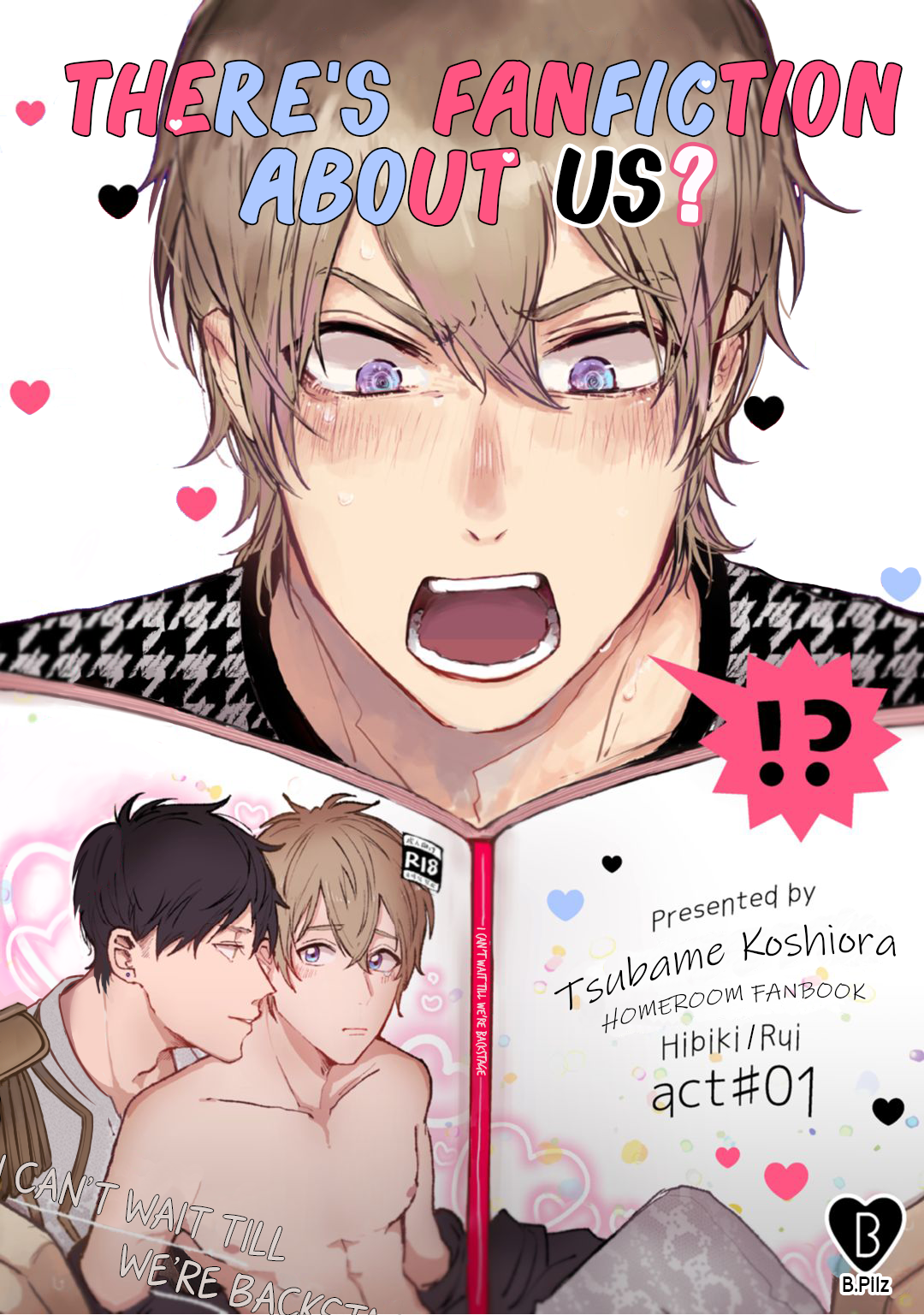Good morning from Tokyo! I was originally planning on writing a review for this week, but the end of September has been a bit more hectic than expected, so instead I have a casual post about what it’s like to be a digital-only publisher, and the benefits and drawbacks therein.
When I was younger (like, late teens to early 20s) I must admit: I did not like digital publishing. I wanted a hard copy of all my books—and I mean all of them. When I still lived in the United States, I actually used to have the largest IKEA Kallax shelf—the one that’s five squares across and five high—situated in the middle of my room so I could use both sides, and I had the whole thing literally filled with books (mostly BL). Thousands and thousands of books. I hated the idea of digital manga because it felt like a ripoff. I wanted the physical book, in my hands, so I could do whatever I wished with it.
However, one thing you learn when you grow up and move—particularly overseas—is that you don’t want a lot of stuff. You can’t have a lot of stuff. It’s unfortunately just not possible to have so much stuff. Not only that, but apartments in Tokyo are incredibly small unless you’re unbelievably wealthy (or live inconveniently far from a station), so even if I could have afforded to bring all thousands of those BL back to Japan with me, I wouldn’t have the space for them.
Sadly, when I returned to the U.S. to clean out my childhood bedroom and decide what could and couldn’t come back to Japan with me, all but around 30 of those books had to be recycled. Soul-crushing, honestly.
So, needless to say, I had to make peace with the fact that I would be deciding between just not getting to read a lot of BL, having to read it and then sell it back (which is also a hassle, especially when you don’t have a car), or just… buying digitally, at which point I could have as many books as I wanted but also enough space left over in my apartment to eat meals, exercise, and play with my cat. And then I got a job at a digital publisher, and came to really understand that digital publishing for manga localization actually has a lot of benefits—though also, some clear drawbacks.
Continue reading “The Benefits and Drawbacks of Digital-Only Publishing”








